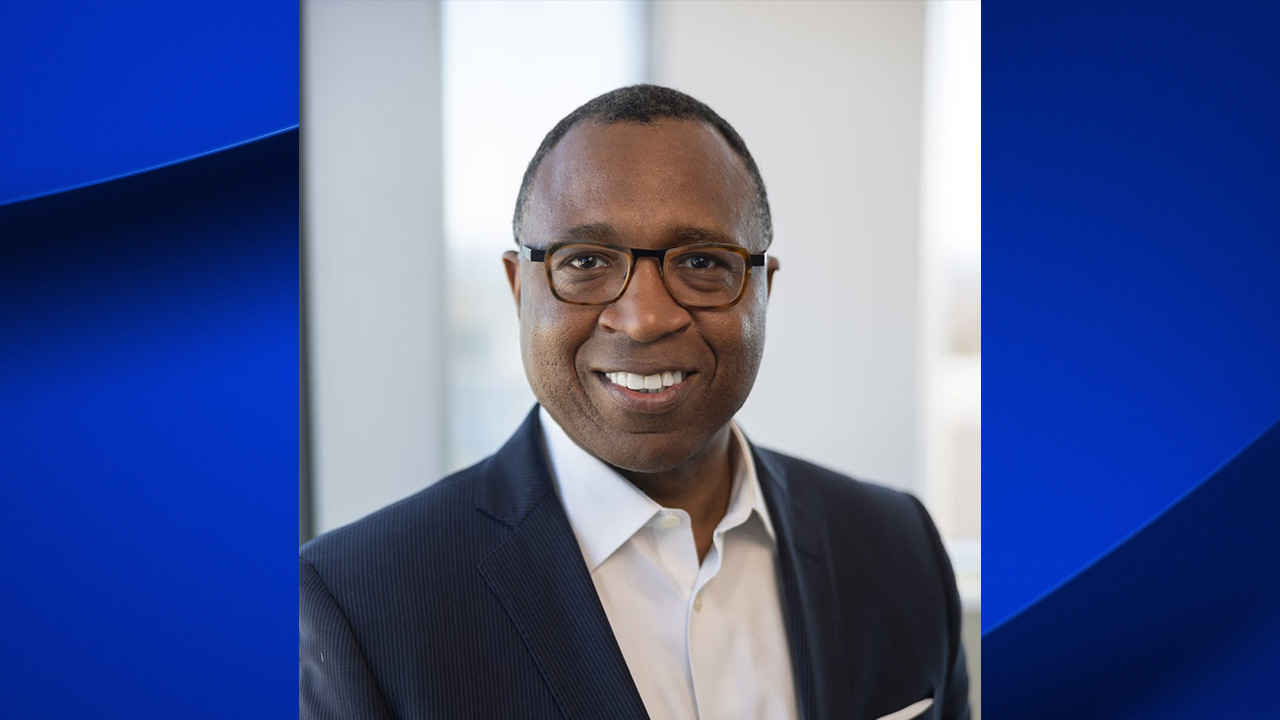House plan includes raises for most state workers


RALEIGH (WTVD) -- Most North Carolina teachers and state workers would get permanent pay raises in the House budget adjustments released Monday night, contained in a measure that also would expand over time the amount of individual income that wouldn't be subject to taxes.
Public school teachers on average would get raises of 4.1 percent in the $22.2 billion spending plan drawn up by the chamber's Republican leaders to amend the second year of the two-year state budget approved last September.
SEE THE FULL TEXT OF THE BUDGET HERE (.PDF)
Permanent pay increases wouldn't be provided next year to early career instructors, who have already seen their entry salary increase from $30,800 to $35,000 the past two years. They would receive $1,000 bonuses next year instead.
But teachers with at least five years of experience would see their salaries grow from $1,000 to $2,000, depending on their experience. Those with at least 25 years of experience also would get $1,000 bonuses as well as seeing their base salary increase from $50,000 to $51,000. Teachers would also have higher salaries for moving up each tier of the experience-based compensation schedule.
"The North Carolina House has presented a sound, conservative budget that funds our priorities and sets the stage for continued growth and success for North Carolina," said Rep. Tim Moore, the House speaker. "This proposal is a good starting point and I look forward to my colleagues debating and refining it as is moves through the committee process."
As for state employees, most rank-and-file state workers would get 2 percent raises and $500 bonuses in the House plan, which will be heard by two key committees Tuesday. Floor debates and two required votes were expected Thursday and Friday. The Senate will then create its own plan. The two chambers hope to fashion a compromise that can go to McCrory's desk by July 1.
"We worked initially the last two years on getting the bottom of the scale moved up," said Rep. Nelson Dollar, R-Wake, senior co-chairman of the House Appropriations Committee, but "we know we have to address those teachers in the mid-ranges of experience."
Gov. Pat McCrory's spending proposal last month didn't offer across-the-board permanent raises to state workers, only bonuses, while seeking funds to improve salaries in certain law enforcement fields and hard-to-staff areas of state government as a retention tool. While the House plan contains some targeted pay increases, too, several House members last month questioned McCrory's lack of across-the-board raises.
McCrory's budget would have offered teacher raises that are higher on average than what the House provides but only to teachers with up to 24 years of experience. The most veteran teachers would have received $5,000 bonuses instead, with smaller bonuses to everyone else.
Government retirees also would get a 1.6 percent increase in their pensions. The governor had no such cost-of-living raise.
The House plan also would raise the standard deduction that individual income tax filers could receive, ratcheting it up annually starting in the 2017 tax year through 2020. Republicans consider such changes an effective income tax reduction because less of a person's income is subject to taxes.
For example, the standard deduction would increase for a married couple filing taxes jointly from $15,500 to $16,000 in 2017 and up to $17,500 bill by 2020. McCrory provided no such tax change.
McCrory and House Republicans are benefiting from an improved fiscal outlook and lower-than-anticipated Medicaid enrollment to provide additional funds to cover pay raises and bonuses. Like McCrory's plan, the House would set aside $300 million in the state's rainy day reserve fund, increasing it to $1.4 billion.
"The House Budget focuses on a plan to raise average total teacher pay to at least $50,000 per year over the next two years; provides a much needed raise for state employees and funds a cost of living increase for retirees," Dollar said. "The proposal also fully funds enrollment growth for our public schools, funds critical needs identified by the Governor's Taskforce on Mental Health and Substance Abuse; increases transportation resources for our roads and highways by $68 million, and places $300 million in the Rainy Day funding raising our savings reserves to a record $1.4 billion. This is a responsible budget that funds critical needs, plans for the future, and moves our state forward."
Critics disagreed.
"The House decision to use an arbitrary, flawed formula to determine spending won't meet the needs of communities and families across the state," said Alexandra F. Sirota, Director of the Budget and Tax Center at the NC Justice Center. "The phase-in over the next three years of another poorly targeted tax cut represents yet another gimmick. The increase in the standard deduction is not an effective way for policymakers to address the upside down tax code."
Speaker Moore said: "I believe the combination of responsible spending, measured tax cuts and proactive savings will further solidify North Carolina's status as a great place to live, work and conduct business."
The Associated Press contributed to this report.






